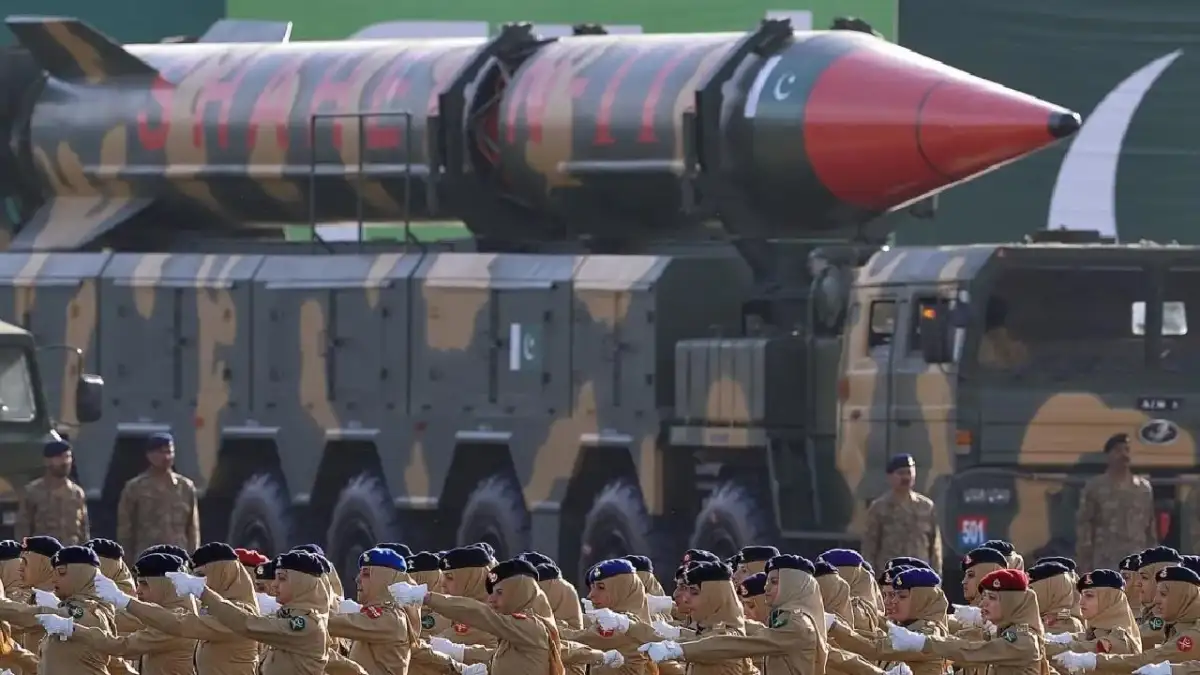In a development that could significantly alter the global nuclear landscape, U.S. intelligence agencies have assessed that Pakistan is actively working on developing an intercontinental ballistic missile (ICBM) capable of reaching the continental United States. This marks a major shift in Pakistan’s missile program, traditionally aimed at deterring regional threats, particularly from India.
According to a report published in Foreign Affairs, the pursuit of this long-range missile capability gained momentum after India launched Operation Sindoor in May 2025—a precision military strike targeting terrorist infrastructure across the border. American analysts believe that Islamabad may be trying to expand its deterrence posture beyond the Indian subcontinent, potentially seeking to preempt any future U.S. involvement in regional conflicts or actions against its nuclear assets.
ICBMs are long-range missiles with a minimum reach of 5,500 kilometers and are primarily designed to deliver nuclear warheads. These systems often feature multiple independently targetable reentry vehicles (MIRVs), allowing a single missile to strike several targets simultaneously. Currently, countries such as the United States, Russia, China, France, the United Kingdom, India, Israel, and North Korea possess operational ICBM capabilities.
If confirmed, Pakistan’s entry into this exclusive group would represent a significant strategic shift. Notably, it would become the first U.S. ally—or former ally—to acquire a missile capability explicitly capable of threatening the American mainland. Experts warn that such an advancement could prompt Washington to reassess its entire diplomatic and security framework with Islamabad.
The intelligence community in the U.S. is particularly concerned about the broader implications. “No nation possessing ICBMs has ever been treated as an ally by the U.S.,” a senior defense analyst noted. “This development, if true, changes everything from how we view nuclear threats to how we respond diplomatically.”
Pakistan has not officially acknowledged the existence of such a program. However, previous missile tests, such as those conducted under the Shaheen and Ababeel series, already hinted at Islamabad’s growing ambitions in missile technology, particularly with multiple warhead capabilities.
The timing of the intelligence leak is also notable, as the United States continues to balance its strategic interests in South Asia amid rising tensions with China and Russia. Analysts warn that a Pakistani ICBM, particularly one developed in collaboration with other adversarial nations, could add a new layer of complexity to global nuclear stability.
While the exact status of Pakistan’s ICBM program remains unverified, experts argue that the mere possibility of its development could trigger a shift in regional and global security calculations, potentially prompting the U.S. to revise its engagement strategies with South Asia.













